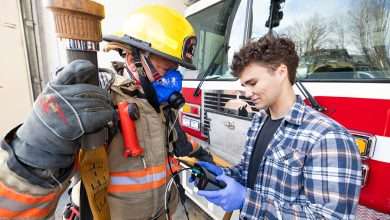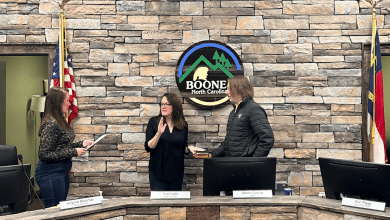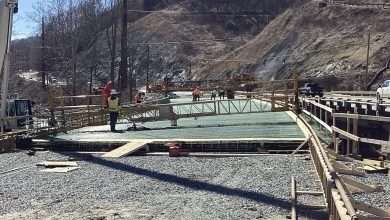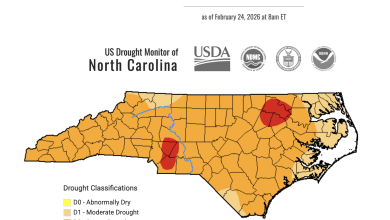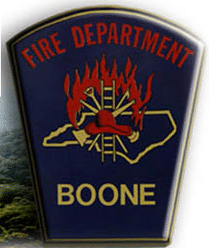
Last Updated on March 9, 2024 9:15 am
At 2:00 AM March 10, 2024 Daylight Savings Time begins. Boone Fire Department recommends you test all Smoke Alarms and Carbon Monoxide Alarms and replace batteries in all these devices every year when you change the time on your clocks.
Smoke Alarms are a key part of a home fire escape plan. Fires in modern homes burn hotter and faster than in the past and you may only have a few minutes to escape safely. When there is a fire, smoke spreads fast. Working smoke alarms give you early warning to get outside quickly. In addition to testing alarms and changing batteries, review the following tips:
- Closed doors slow the spread of smoke, heat and fire. Sleep with bedroom doors closed. Install Smoke Alarms in every sleeping room and outside each separate sleeping area. Install alarms on every level of the home including the basement. In new construction, Smoke Alarms should be interconnected so that when one alarm sounds, they all sound.
- Large homes may need extra alarms.
- Test all alarms at least once a month. Press the test button to be sure the alarm is working.
- Smoke Alarms should be on the ceiling or high on a wall. Keep Smoke Alarms away from the kitchen and bathroom to reduce false alarms. They should be at least 10 feet away from the stove.
- There are special alarms for people who are hard-of-hearing and deaf.
- Replace all Smoke Alarms when they are 10 years old. Replace Carbon Monoxide Alarms per the manufacturer instructions. Writing the expiration date on the outside of the alarm will help you determine replacement date from the ground without the need for ladders.
- Some newer alarms have lifetime batteries. These detectors are more expensive, but are a good choice for rooms with high ceilings. They will eliminate the need for tall ladders and labor expenses twice a year compared to conventional replaceable battery alarms. Alarms with lifetime batteries are disposed of and replaced when the alarm indicates the battery is dying.
- Home Fire Escape Plans are a crucial tool to keep your family safe in an emergency. Smoke and CO Alarms are an important part of these plans. Please take the time to review your Home Fire Escape Plan with ALL members of the family. Practice your plan regularly and remember to practice at different times of the day and in different weather conditions.
For questions and other safety tips contact Boone Fire Department at (828) 268-6180 or visit the National Fire Protection Association at: www.nfpa.org








